Staff member at Sweden consulate seriously wounded in Turkey shooting
A Turkish staff member at the Swedish consulate in Izmir is seriously wounded in a shooting incident.
A "mentally disabled" individual has opened fire at Sweden's honorary consulate in the Western Turkish province of Izmir, seriously injuring a Turkish employee there.
The suspect, according to the local governor's office, launched the armed assault in Izmir's Konak neighborhood at around 12:45 local time (09:45 GMT) on Tuesday.
Media reports said the attack took place in front of the consulate’s building where the female Turkish employee was working as a secretary for the diplomatic office.
The Turkish employee was seriously wounded in the incident, according to reports.
According to the governor's office, Turkish officials had detained the suspected assailant who is of Turkish origin.
Honorary consulates, which do not employ professional ambassadors, represent their citizens' interests abroad.
At this point, there is no information about the incentive behind the shooting and authorities have launched an investigation to try to determine a motive for the suspected shooter.
In the meantime, several incidents occurred in Sweden in the past weeks against Islam, including the repeated burning of Muslim's holy book, the Qur’an.
In this regard, Sweden's Prime Minister Ulf Kristersson said that Stockholm was exploring ways to legally limit such actions to de-escalate growing tensions with Muslim countries.
"'It's 'legal' but not appropriate,'" he said at a press conference recently, adding that it was up to the Swedish police department to make decisions on such actions.
The desecration of the Holy Qur'an in Sweden, as well as Denmark, in the past month, took place with the approval of the two countries authorities.
In remarks similar to Kristersson, Denmark's Foreign Minister Lars Lokke Rasmussen said that the Danish government too was looking for "legal means" to stop the desecration of holy books in the Nordic country.
The recent Qur’an burnings in Sweden and Denmark drew strong condemnation from across the world where leaders demanded that the Nordic governments put a stop to the desecration of Islam's holy book.
The sacrilegious acts also opened the floodgates of protests throughout the Muslim world, including in Iran, with all Muslim countries condemning the reprehensible profanity in the strongest terms.
Sweden and Denmark defended the acts of desecration by extremist elements in their countries under the pretext of "freedom of expression."
However, the sacrilegious acts have ignited the ire of the entire Muslim community across the globe. Several Muslim countries have summoned or even expelled Swedish and Danish ambassadors over their governments' self-righteous and provocative stance on the issue.
China ‘firmly opposes’ US military aid to Taiwan
VIDEO | Press TV's News Headlines
President Yoon Suk Yeol to be removed from office
At least 19 Gazans killed by Israeli airstrikes since dawn: Medics
Leader: Iran neither has nor needs proxy forces
US fighter aircraft shot down ‘in friendly fire’ amid aggression on Yemen
Yemeni FM: Israel’s sponsors accountable for ongoing aggression on Sana’a
Eight Palestinians killed as Israel attacks Gaza school, hospitals


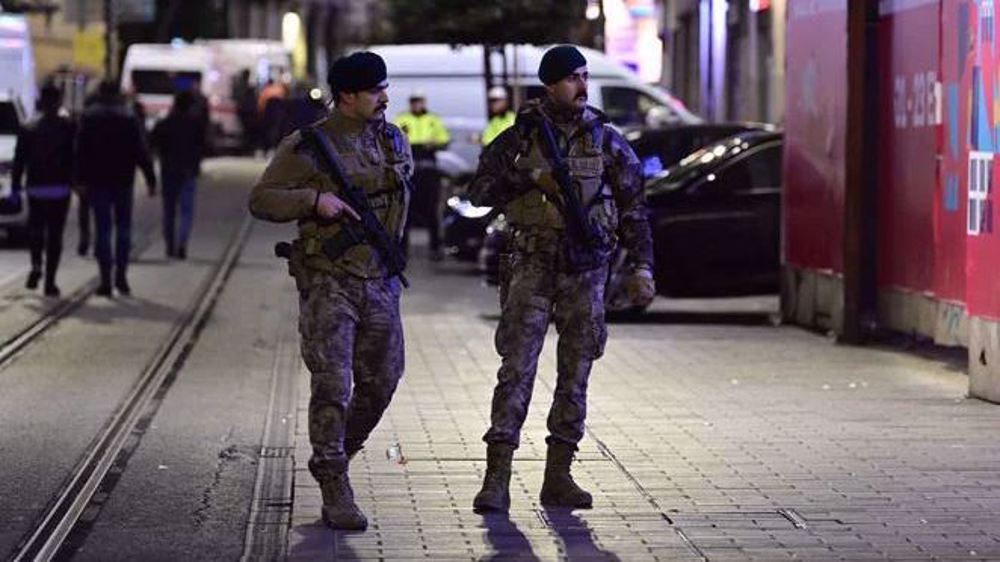
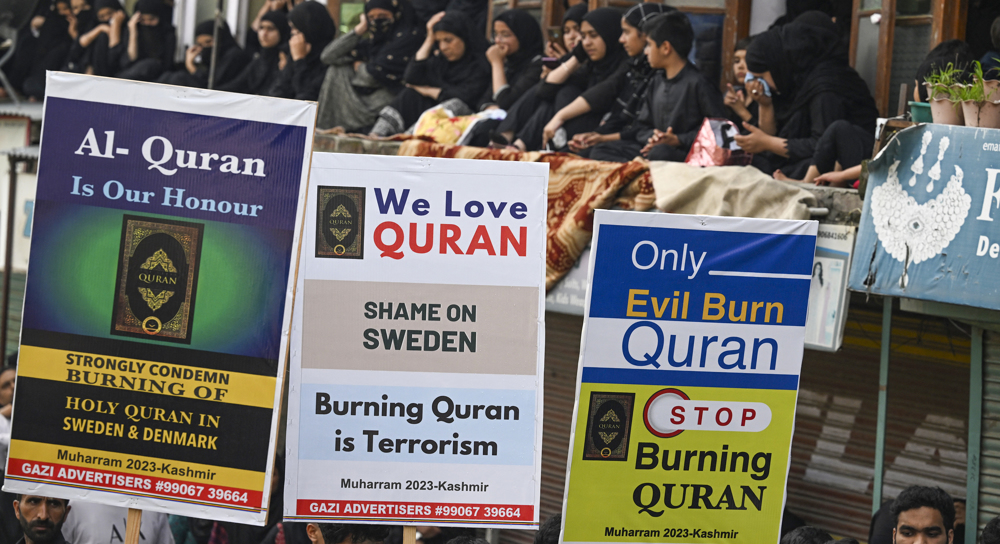
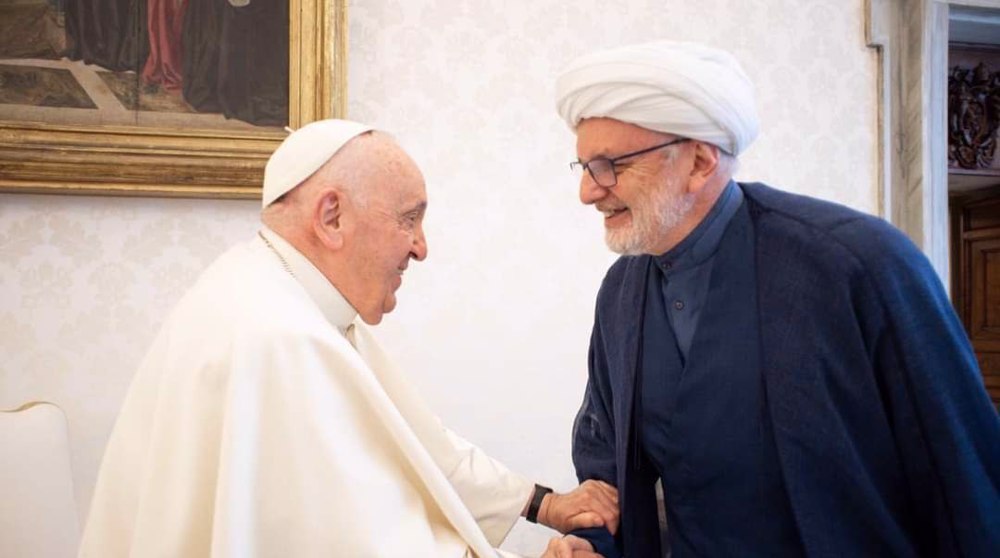


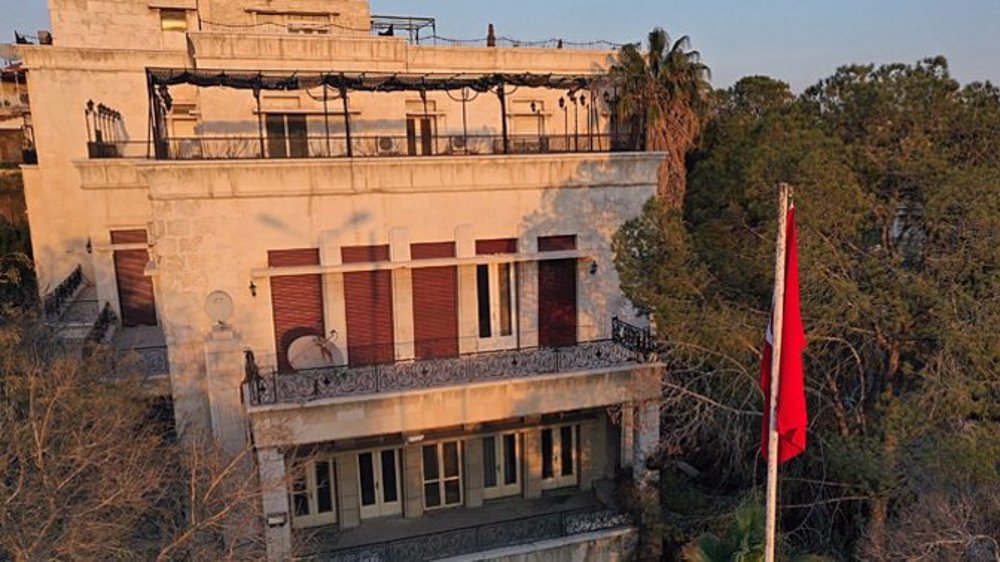



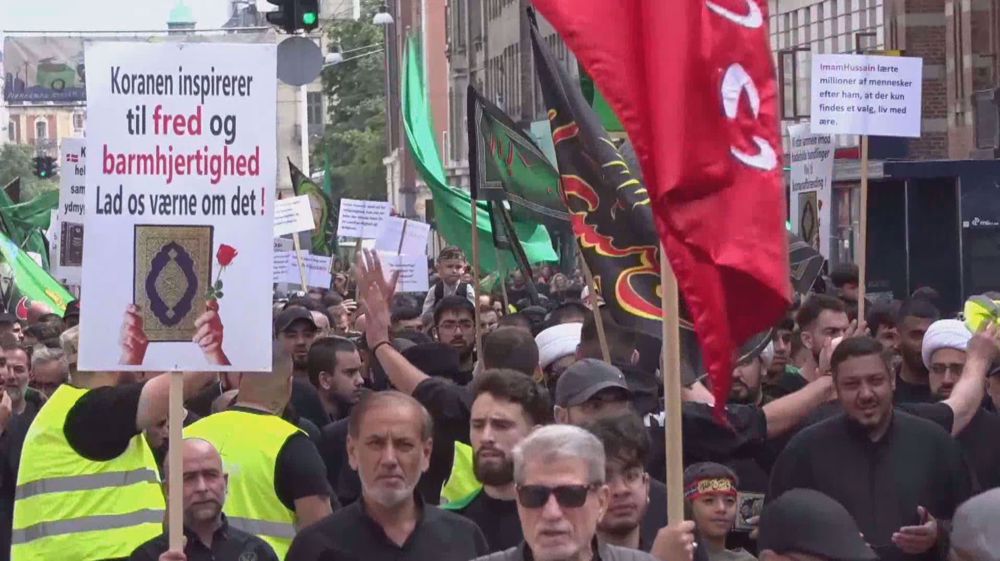
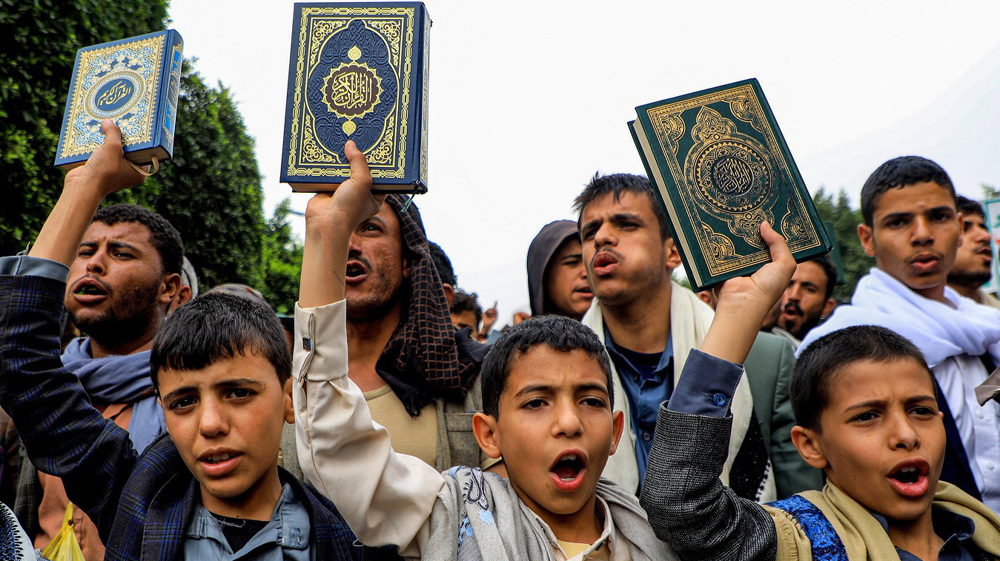

 This makes it easy to access the Press TV website
This makes it easy to access the Press TV website